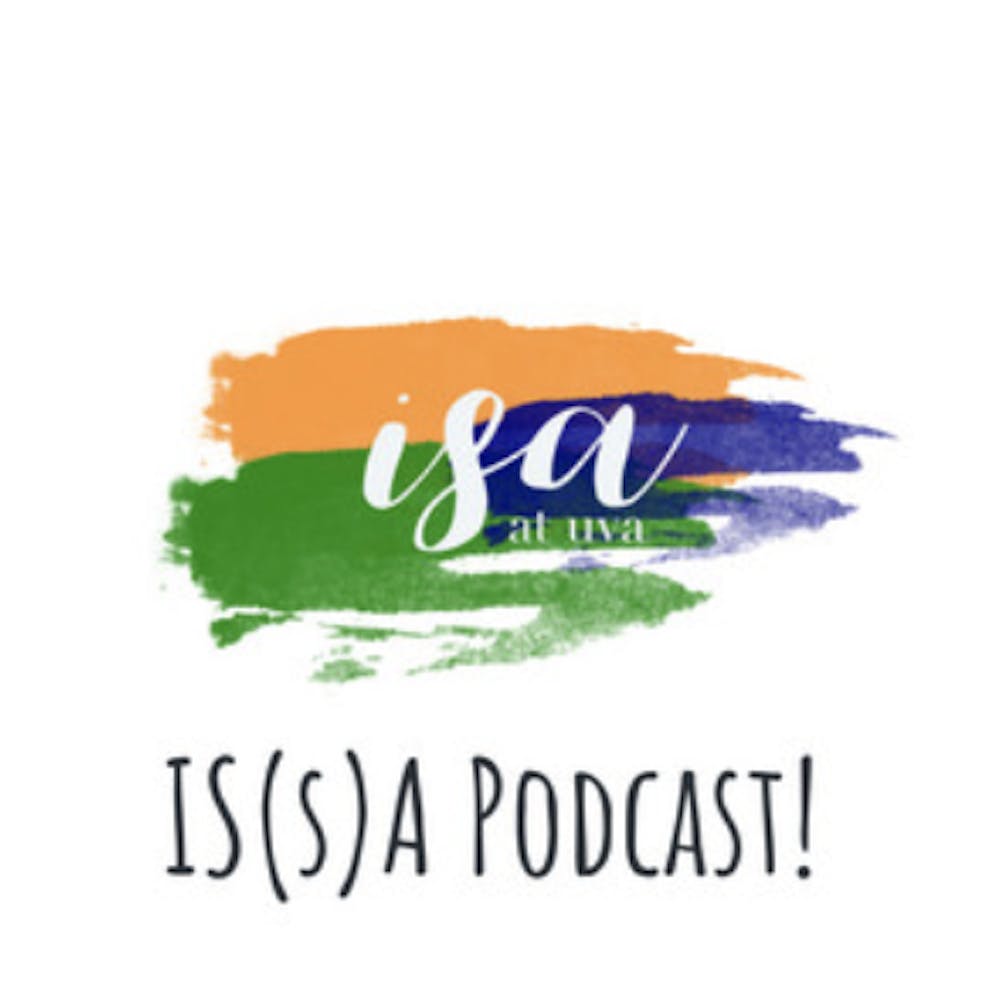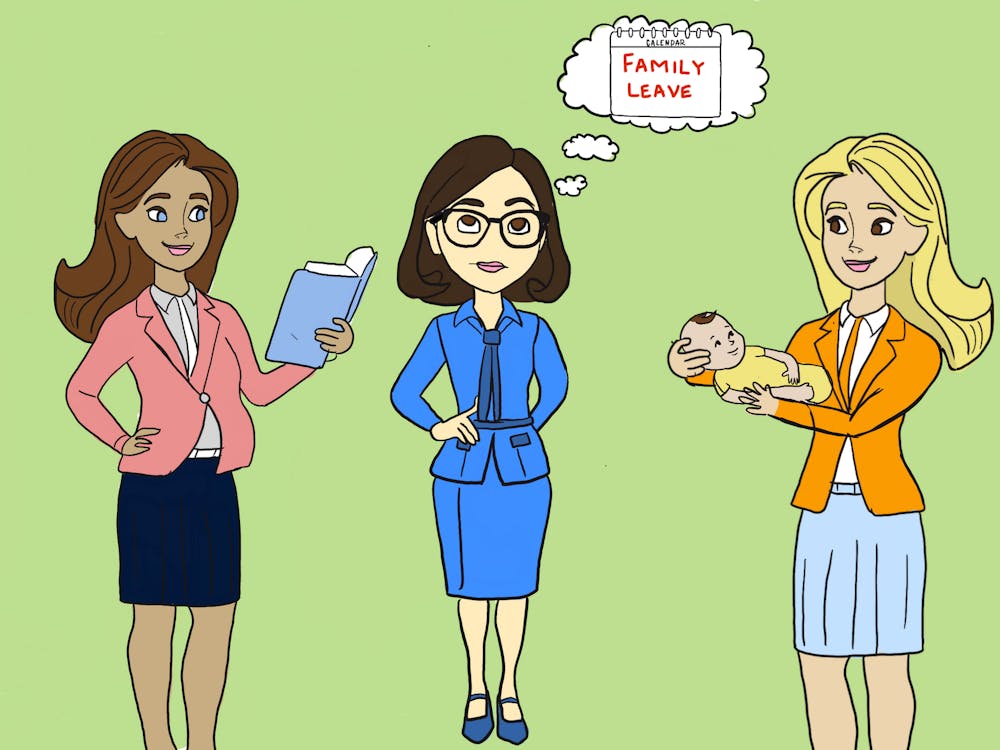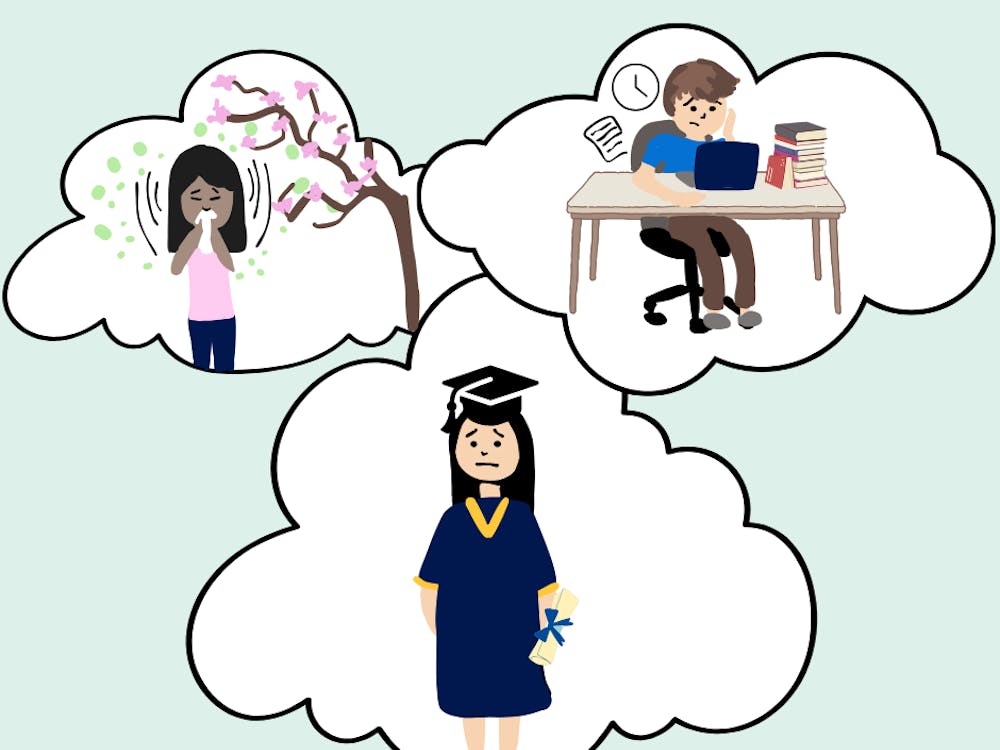The Indian Student Association is a sociocultural organization that aims to provide a safe and welcoming place for students of South Asian descent within the larger University bubble. This year, however, the organization will be hosting all events entirely virtually for the safety of its members and to ensure that no one feels excluded simply because they are not physically on Grounds this semester.
When students were abruptly sent home in March, ISA developed a podcast called “IS(s)A Podcast” as a forum to stay connected. Karunya Iyappan, former ISA vice president and University alumna, pushed for the idea of a podcast, and shortly thereafter, an initial first episode which discussed quarantine, Tiger King and whipped coffee was released. Following positive feedback, the organization leaders realized how well it brought the community together.
A primary mission of ISA this year is helping the first-years feel more a part of the community as the pandemic has greatly limited opportunities to be together in person. Remote social interaction presents many challenges including determining what events are possible to host and how to encourage students, especially first years, to come to these events. For this reason, the most recent episode of its podcast — released Sept. 7 — was titled “ISA’s First Year Survival Guide” and discussed upperclassman experiences as first-year students, including helpful advice that students wish they had known their first year.
Sudharshana Krishnan, ISA president and fourth-year College student, discussed the importance of ensuring first-year students feel part of the ISA community and the broader University community, even if it is virtually.
“We’re making our traditional events more online this year and some of this is also really focused towards first years … this year especially we wanted the first years to feel like they had a community, even if they weren’t on Grounds with us or together in general,” Krishnan said. “That's what our first podcast of the year is — just showing first years that we are still excited for them to be a part of the community, even if it is such a different year for everyone.”
Aneesha Goodala, ISA advocacy chair and third-year College student, described how quarantine can be really isolating and how important it is to stay connected with other students.
“[The podcast] is a good way to have a conversation without it being awkward or stunted over Zoom and it allows for a lot of different topics and a lot of different people to talk,” Goodala said. “I think the diversity of topics and people was just really appealing to us because literally anyone can be on the podcasts, and it varies from serious topics to more casual topics, so it really appeals to everyone,”
ISA has released five podcasts so far, with topics including sex in South Asian culture and college life, the Netflix show “Never Have I Ever” and anti-Blackness in the South Asian community. The organization tends to alternate between serious topics and more casual ones, hoping that everyone will be able to find something they relate to, while also soliciting feedback using a voting feature in ISA’s Facebook group.
“Something that social cultural organizations in general kinda struggle with is like we’re supposed to be a community for ... anyone who identifies as that region and sometimes it’s hard to come up with specific events that cater to everyone’s interests,” Krishnan said. “So this is just something that we’re like ‘oh there are probably people who might not come to all the events but they still wanna feel like they’re part of the community’ so this is a way for them to get involved and feel like they’re still a part of this community at U.Va.”
A future goal of the ISA podcast is to host influential guest speakers and professors. Although the organization has brought Indian American presenters to events in the past, they hope that interesting lectures will be more accessible and financially feasible through remote technology.
ISA has been pleased that these podcasts start important conversations among members. Adina Mobin, ISA member and third-year College student, spoke on combating anti-Blackness within the Indian community on the podcast, and she shared the importance of having these difficult conversations.
“I’m glad that [ISA] took that initiative to talk about a really pressing issue that has been highlighted recently, and I think [ISA] did a great job,” Mobin said. “Their questions were really insightful, and a lot of people already listened to it and have reached out and I’m glad that [ISA is] facilitating that conversation.”
Shivani Mullapudi, ISA member and third-year College student, listened to the anti-Blackness podcast and found her peers’ perspectives on such an important issue genuinely thought-provoking.
“It was also just interesting to learn about the different ways that each of my peers were engaging in educating themselves on anti-racism and kind of even learning for myself what I can be doing better in the future,” Mullapudi said. “Some people mentioned the different resources they’ve been reading, some people mentioned the different ways they’ve been having conversations with family members, so it was nice to kind of examine my own repertoire of like what more can I be doing in engaging in anti-racism.”
Each podcast averages about 80 to 90 listeners, but ISA is hoping to grow that number. Dhruv Sheth, outreach chair of ISA and fourth-year College student, explained ISA’s goal for the podcast audience to expand beyond just current ISA members.
“It’s not really a podcast that’s just meant to be for the ISA community,” Sheth said. “It’s something that we’d like to get the whole University listening to as well. So definitely don’t feel like it’s only for Indian people or Indian Americans to be listening to — it’s topics applicable for everyone … anyone should listen to it if possible.”
In a time of social isolation and uncertainty in the world, podcasts are a way to stay connected and learn more about important topics or simply be entertained and hear students’ perspectives.
“I would just encourage anyone in any kind of club that is struggling with how to keep up that community environment to try [a podcast] out,” Goodala said. “It’s something that we definitely didn’t think would be that successful, but a lot of people actually tune in … I would really encourage anyone to listen to it — it’s not just for ISA students [and] it’s not just for South Asian students — it’s for anyone at U.Va. and beyond.”







